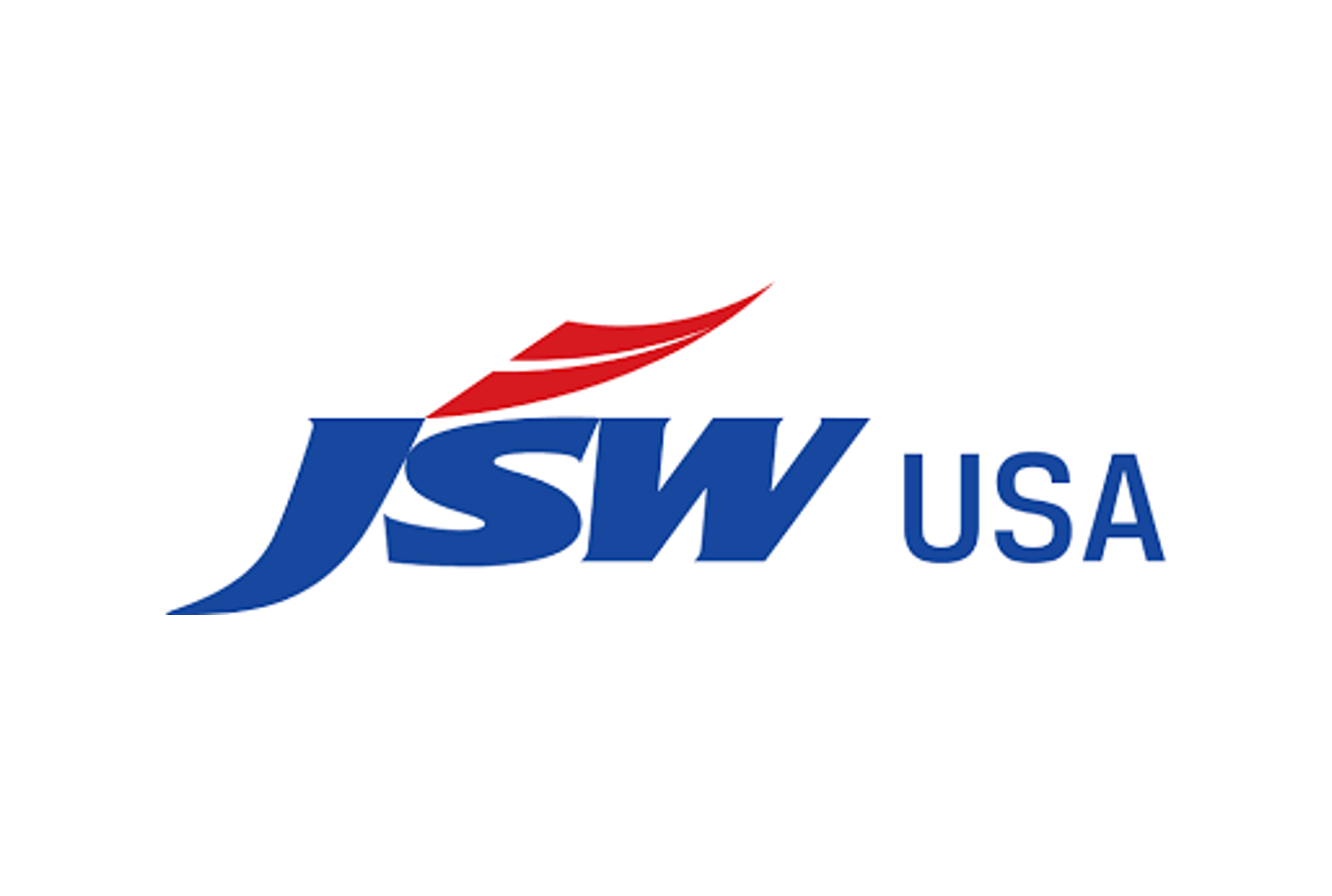Sheet
September 8, 2025
U.S. Steel to halt slab conversion at Granite City Works
Written by Kristen DiLandro & Michael Cowden
U.S. Steel said it plans to reduce slab consumption at its Granite City Works near St. Louis, a company spokesperson said on Monday.
The Pittsburgh-based steelmaker will shift the production and processing of steel slabs to its Mon Valley Works near Pittsburgh and its Gary Works near Chicago.
Citing a United Steelworkers (USW) union memo, St. Louis Public Radio reported that U.S. Steel would stop sending slabs to Granite City at the end of October.
U.S. Steel responded (see below) but did not confirm that timeline to SMU.
SMU also contacted both United Steelworkers (USW) headquarters in Pittsburgh and USW Local 1899, which represents workers at Granite City. An official at the national office said he had not seen the memo. The local chapter did not respond to a request for comment.
Background
Recall that Granite City has two blast furnaces: ‘A’ and ‘B’. The company indefinitely idled the ‘A’ blast furnace at in April 2020 and the ‘B’ blast furnace in November 2023, according to SMU’s blast furnace status table.
But U.S. Steel has continued to operate Granite City’s hot strip mill and finishing lines.
Granite City makes hot-rolled, cold-rolled, and coated sheet for customers in the construction, container, pipe and tube, service center, and automotive sectors. The facility, before the blast furnace idlings, had annual raw steelmaking capacity of 2.8 million net tons.
What U.S. Steel said
“U.S. Steel will not lay off any Granite City Works employees nor adjust their pay rate. There will be no idling of the plant, and the facility will be maintained in an operational state,” the U.S. Steel spokesperson said.
The company said the move was based on market needs.
“This commercial decision allows U.S. Steel to maintain future flexibility, while maximizing our domestic production footprint. This option avoids challenging product mixes at each facility, impact on customer orders, and extensive cost inefficiencies,” the spokesperson added.
Nippon terms, SunCoke pact, and unanswered questions
Due to the terms of Nippon Steel’s acquisition of U.S. Steel, the company cannot “close, idle, or sell Granite City Works prior to June 18, 2027.”
It was not immediately clear what workers at Granite City would do once the mill stops rolling slabs.
“We understand this raises questions,” the USW memo read, according to St. Louis Public Radio. “Once additional details are available, we will schedule informational meetings to provide updates and answer questions.”
Recall, too, that in 2022 Lisle, Ill.-based coke producer SunCoke and U.S. Steel signed a non-binding letter of intent for SunCoke to buy the two Granite City blast furnaces. The plan was to produce pig iron from the furnaces and sell it to Big River Steel, U.S. Steel’s flat-rolled EAF mill in Arkansas.
SunCoke said in July that the project remained a top priority but that there had been delays because of Nippon Steel’s acquisition of U.S. Steel.
U.S. Steel also operates a pig iron caster at Gary Works that is capable of producing 500,000 short tons annually.

Kristen DiLandro
Read more from Kristen DiLandro






